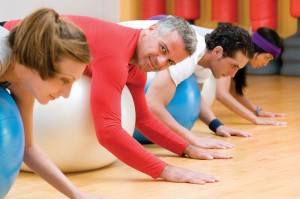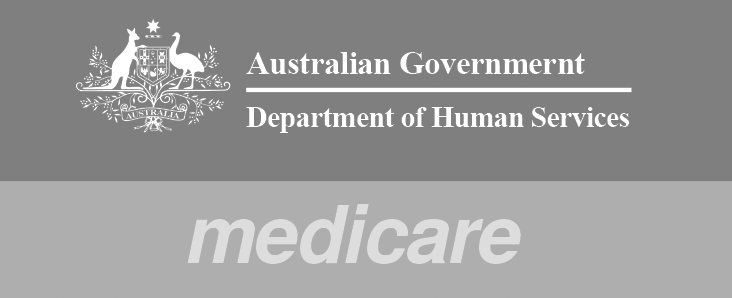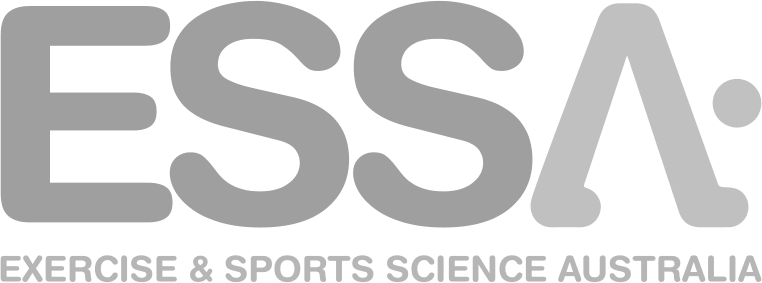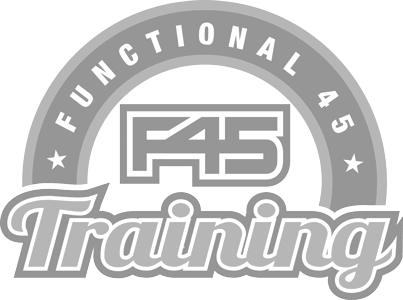Yoga vs Pilates

Yoga and Pilates is pretty much everywhere these days! At PhysioHealth we get many questions about what the differences are. Both yoga and Pilates are wonderful for your body and involve putting your bodies through a range of strength building motions. They both require balance and focus, to be specific in improving core strength and flexibility. Sometimes they are blended together to form Yoga-lates, but there are some differences between the two.
Yoga- What’s it good for…?
Yoga helps to develop strength and flexibility, with a strong importance placed on maintaining a controlled breathing to calm your mind and enhance movement through changing postures.
Yoga encourages you to ‘be present’ and to eliminate thoughts that do not serve your practice objectives. Similar to practising mindfulness. This is a fantastic way to relive stress and tension via the mind.
Yoga can be practised in many forms, eg in a heated room of 30 degrees to stimulate sweat and thus allow your body to eliminate any toxins from your body.
And, so what about Pilates..?
At PhysioHealth we LOVE Pilates! We could just eat it up for breakfast!
Generally Pilates is geared towards injury rehabilitation, improving core strength, posture and stability.
Pilates can be used as a stress reliever too, using breathing techniques and controlled movements. We add this to activating your pelvic floor muscles as well, which is beneficial for people who suffer from incontinence or pelvic floor dysfunction.
Clinical Pilates is a tailored program guided by a qualified Physiotherapist designed to suit an individual’s needs. These programs have been shown to improve pain and functional ability in the short term for people suffering chronic lower back pain.
Clinical Pilates is for athletes to older persons. In fact, at PhysioHealth we have a wide range of participants and cater for all.
Ok, So What’s the difference really?
Yoga is ideal if stretching is your main goal, it is focused on large, slow, functional movements to improve overall strength and flexibility of the spine and limbs.
In contrast, Pilates is more results focused with the intent to build deeper core strength and overall body tone as well as activation of the right muscles which may help to reduce certain pains, such as lower back symptoms.
Clinical Pilates, as opposed to traditional Pilates at your local gym, is also guided by a Physiotherapist, and we use really cool equipment, such as Reformers, Wunda chairs, Trapeze Table, Balls, bands and the like. Physio’s can design your program to minimise and prevent injuries from poor movement patterns.
They are still pretty similar, right?
Yep, both yoga and Pilates aim to improve strength with a focus on breathing to control movements. Each exercise operates to relieve some form of stress whether it is in the mind or muscles and may serve a variety of people.
If you are unsure which one to choose, ask a physio! They can give you some top advice for your situation.
PhysioHealth in Corrimal offers Clinical Pilates in a one-on-one setting with your physio, in semi-private sessions and small group classes – all instructed by a physiotherapist, with Health Fund Rebates Available.
If this has sparked your interest, read more over at our Pilates page..





